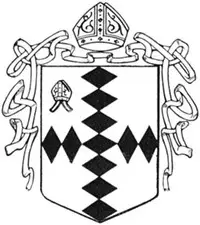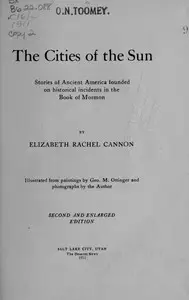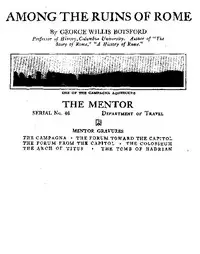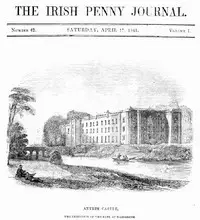"A Letter to American Workingmen, from the Socialist Soviet Republic of Russia" by N. Lenin is a political pamphlet written in the early 20th century during the aftermath of World War I. The work encapsulates Lenin's revolutionary ideas and his vision for the proletariat's struggle against capitalism and imperialism. It serves as a direct appeal to American workers, encouraging them to recognize their class solidarity and join in the fight for socialism. In this letter, Lenin outlines the profound inequalities perpetuated by capitalism and the historical context of revolutionary movements. He discusses the impacts of imperialism, drawing parallels between the American and Russian revolutions, and emphasizes the importance of international solidarity among workers. Lenin argues that true liberation comes through a revolutionary struggle for socialism, highlighting the necessity of overcoming bourgeois interests. He recognizes the challenges faced by the Soviet Republic but asserts the invincibility of the proletarian revolution, asserting that the working class must unite globally to challenge and dismantle the oppressive capitalist systems. (This is an automatically generated summary.)

A Letter to American Workingmen, from the Socialist Soviet Republic of Russia
By Vladimir Il'ich Lenin
"A Letter to American Workingmen, from the Socialist Soviet Republic of Russia" by N. Lenin is a political pamphlet written in the early 20th century ...
Vladimir Ilyich Ulyanov, better known as Vladimir Lenin, was a Russian revolutionary, politician and political theorist who was the founder and first head of government of Soviet Russia from 1917 until his death in 1924, and of the Soviet Union from 1922 until his death. The founder and leader of the Bolsheviks, Lenin led the October Revolution which established the world's first socialist state. His government won the Russian Civil War and consolidated power in a one-party state under the Communist Party. Ideologically a Marxist, his developments to the ideology are called Leninism.













